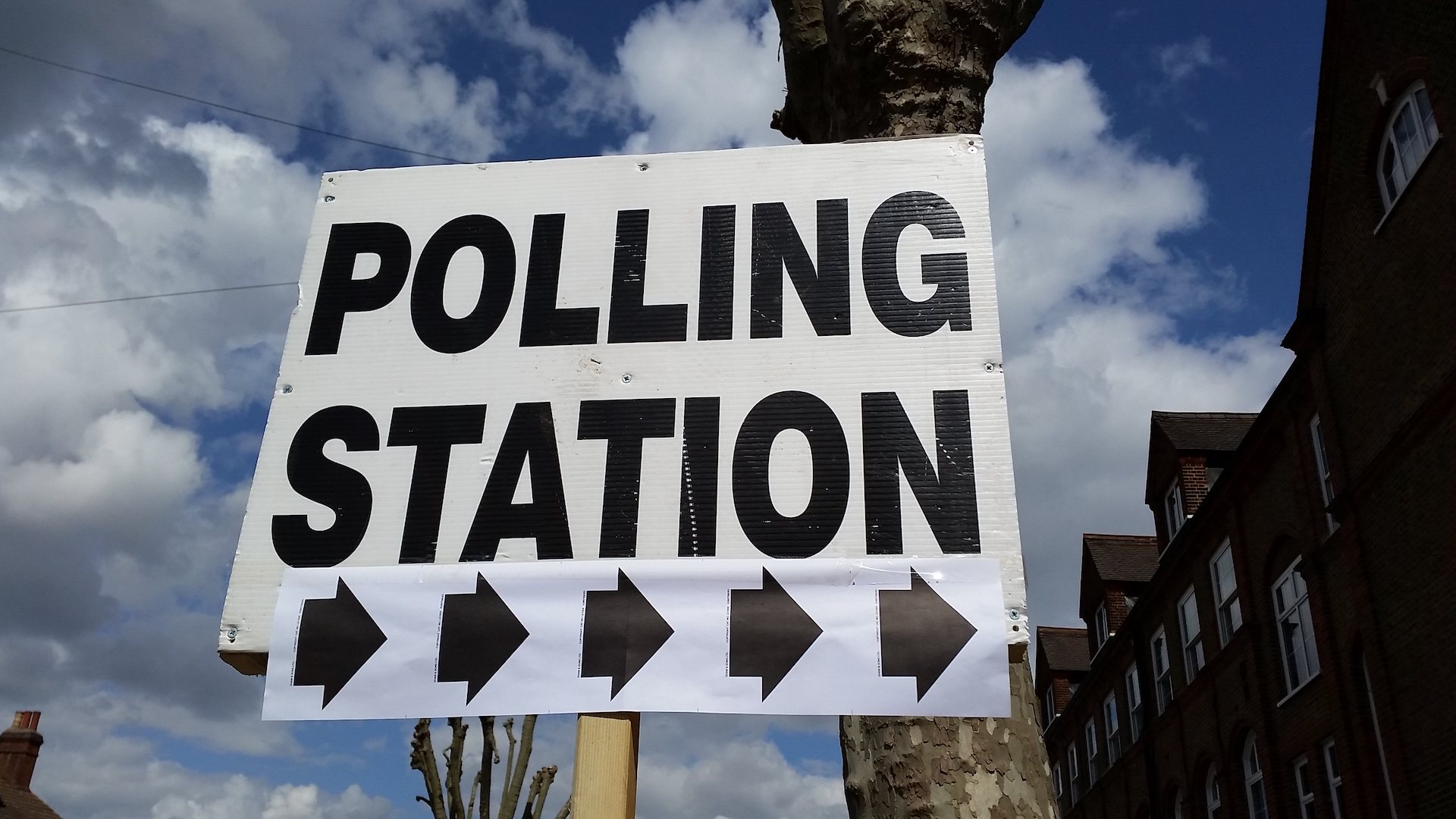Support The Big Issue and our vendors by signing up for a subscription.
Ministers are proposing a new voter card which people without other ID can register for ahead of elections and which local authorities will be required to give out free of charge, but analysis by the Cabinet Office showed 42 per cent of people eligible would be reluctant to sign up.
The other forms of ID accepted under the plans include passports, driving licences, concession travel passes, blue badge parking permits and cards from the proof of age standards scheme, many of which are costly and difficult to obtain.
The government said the bill – set to take effect in 2023, if it is passed into law – is designed to crack down on voter fraud, but there have been just three convictions for voter impersonation in the UK since 2014.
Simon Woolley, a crossbench peer and director of Operation Black Vote, told the committee a voter ID requirement would have a “monstrous negative effect” which “some have characterised as voter suppression”.
Many people in Black, Asian and minority ethnic communities may have concerns the government will “find a route for these ID cards” to act as “Big Brother to watch over them”, he added.
The voter ID law could disproportionately impact older and disabled people too, the committee warned as it called on the government to provide evidence the bill is needed and proportionate.
Ministers should consider introducing automatic voter registration instead, the committee recommended, after hearing evidence that around 9.5 million people with a right to vote in UK elections are not on the electoral roll or are registered at the wrong address.
Only two per cent of people experiencing homelessness were registered to vote as of 2015, Cabinet Office data showed, while 48 local authorities have no homeless people on their electoral rolls at all.
Harriet Harman MP, chair of the committee, warned the government must ensure no one is “prevented from voting by discrimination”.
“In particular they must demonstrate an understanding, so far lacking, of the impact of these measures on marginalised groups and show how they plan to ensure access to the ballot box for all,” she added.
More than 102,000 people signed a petition calling for voter ID plans to be scrapped, crossing the threshold which qualifies the matter for debate in parliament, but ministers declined to do so.
A Cabinet Office spokesperson said voter ID has been used “with ease for decades” in Northern Ireland, where the photo identification requirement was introduced in 2003, and has “proven to be effective at tackling fraud and improving voter confidence”.
“Stealing someone’s vote is stealing their voice,” they added. “Fraud in our elections is something we cannot allow room for, so we are stamping out potential for it to take place by requiring photographic identification.”









